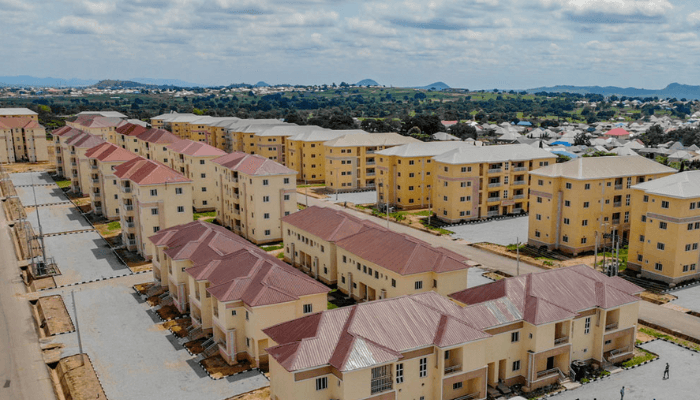The current economic challenges in Nigeria have led to a surge in court cases between landlords and tenants, as many tenants find it increasingly difficult to pay their rent.
This situation has strained relationships between landlords and tenants, leading to a rise in eviction cases and disputes over rent defaults.
Residential tenants, particularly those in low-income areas, are facing significant financial difficulties, which have resulted in rent arrears and strained relationships with their landlords. The economic downturn has affected businesses and individuals alike, making it challenging for many to meet their financial obligations.
Many landlords, who rely on rent as a major source of income, are also feeling the impact of the economic downturn. Some landlords have been forced to consider eviction moratoriums for certain tenants, while others are exploring legal options to recover unpaid rent.
The situation is further exacerbated by the rising cost of living, rent inflation, and price shocks affecting essential goods and services. Tenants are finding it increasingly difficult to cope with the economic realities, leading to a rise in disputes with their landlords.
Experts have advised landlords and tenants to seek amicable ways to resolve their disputes, rather than resorting to court cases. They emphasize the need for understanding and cooperation between both parties, especially during these challenging times.
As the economic situation in Nigeria continues to evolve, it is essential for landlords and tenants to work together to find mutually beneficial solutions to their rent-related issues.
Housing TV Africa

































